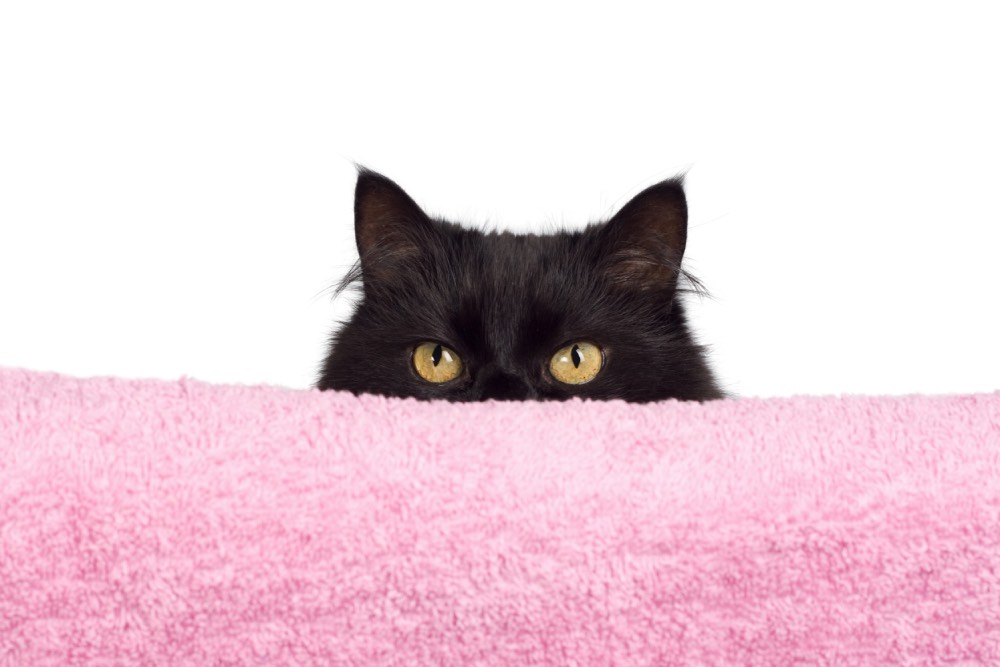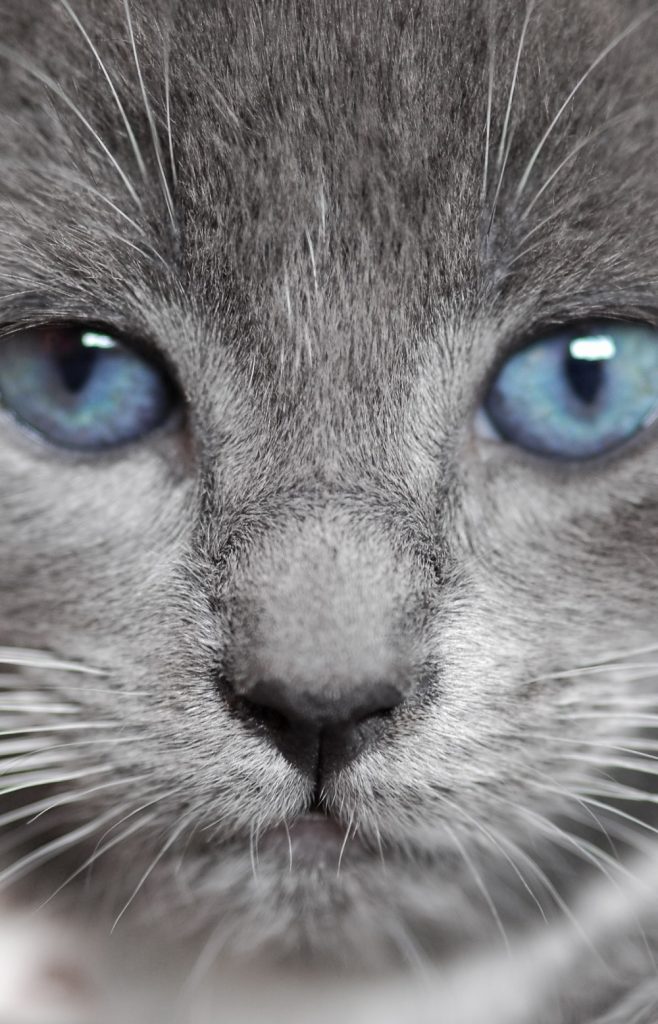Ophthalmology consultations are always a matter of urgency. Since in most cases an early diagnosis will always have a better prognosis. Signs such as scratching the eyes, having the eyelids closed or discharge from the eyes should alert us as owners to visit a veterinarian. The eyes are very delicate and sensitive structures that allow our pet to interact with their environment.
All of our UNAVETS ophthalmology services have the equipment and materials necessary to guarantee a correct diagnosis and treatment of the most common eye diseases.

Most common eye injuries
Corneal ulcers: Corneal ulcers are treated in our center on a daily basis. The revolutionary “Diamond Burn” cornea polishing technology and the application of therapeutic contact lenses provide the most complicated ulcers a simpler and safer treatment today. For exceptional cases, we have cell membrane graft techniques for deep ulcers or those with a high risk of perforation.
Lacrimal Gland Prolapse of the Nictitating Membrane: The prolapse of this gandula is a very common problem. This gland is responsible for producing approximately 40% of the watery secretion of the tear. Today surgery is recommended to reposition it so that it never loses its function.
Entropion / Ectropion: Anomalies in the position and shape of the eyelids cause many eye problems for our pets. At our centers, we perform palpebral plasty techniques, including Shar-pei surgery, or techniques to correct ocular brachiocephalic syndrome.
Uveitis: Intraocular inflammation is the result of external processes (trauma, accidents) or internal processes (infections, neoplasms, immune-mediated processes) whose consequences can be very serious. A correct diagnosis and quick treatment plan are key for a better prognosis.
Glaucoma: It is the result of an increase in pressure inside the eye, which produces very painful symptoms and can cause loss of vision in pets. In many cases, it is necessary to resort to surgical treatment.
The falls: Like humans, our pets can also suffer alterations in their lenses that lead to the formation of cataracts. In this case, it is important to know the cause of them in order to recognise what kind of surgery is needed.
The vision: Vision loss can be temporary or permanent, can occur at different ages and can be the result of different diseases. If you have noticed that your pet has vision difficulties, do not hesitate to come to one of our centres. Many of the diseases that affect your pet’s eyes can lead to irreversible blindness or even loss of the eye itself.

